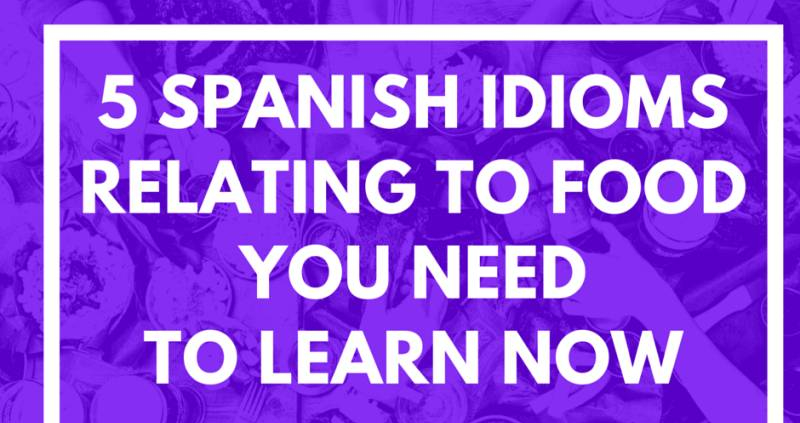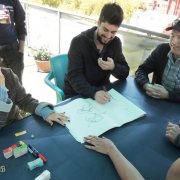5 Spanish idioms relating to food you need to learn now
In a conversation with native Spanish speakers chances are you are going to hear cultural expressions, idioms or sayings. Phrases that you have to figure out not by its literal meaning but its relation to the conversation or context.
It is quite important to learn and to be aware of these expressions, they make language more interesting and will help you to immerse yourself in the culture.
Here, you will find 5 expressions that have food related terms in them. Remember, the translation will not make sense at all in most cases, the key to learn them is not to look at them or read them in a literal sense. Enjoy!
1. Pedirle peras al olmo

Translation: To expect an elm to bear pears.
English equivalent: You can’t get blood out of a stone/turnip.
Meaning: To ask the impossible
Example:
“No esperes que él corra 5Km, no hay que pedirle peras al olmo.”
Don’t expect him to run 5Km, you can’t get blood out of a stone.
2. Ser pan comido
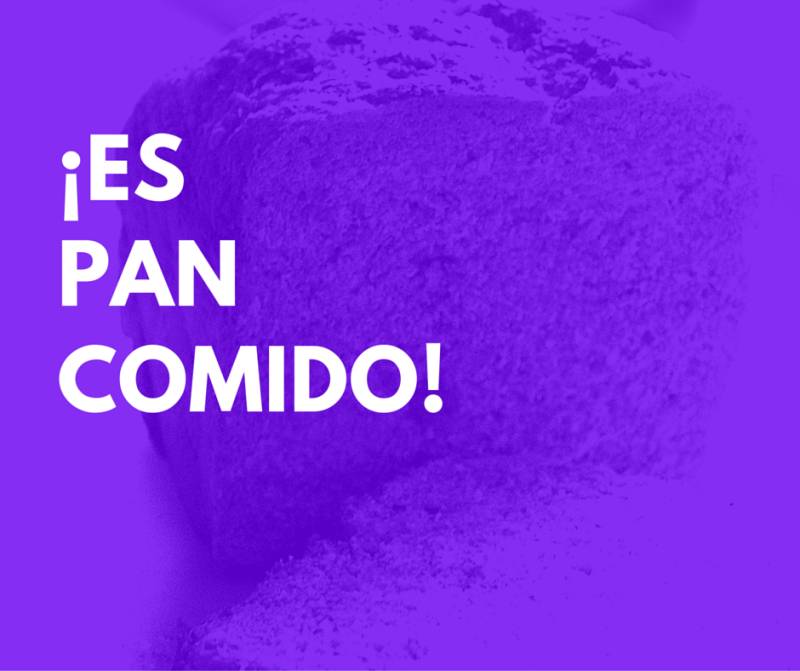
Translation: Eaten bread
English equivalent: A piece of cake / easy peasy
Meaning: Something easy to do
Example:
“¡Ganar este partido va a ser pan comido!”
Winning this game is going to be a piece of cake!
3. Ponerse rojo como un tomate
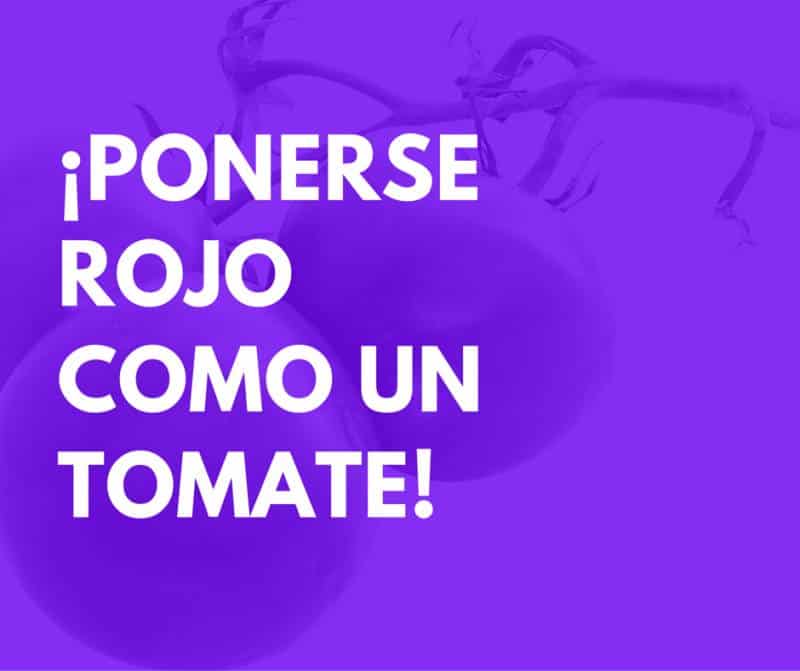
Translation: To turn red as a tomato
English equivalent: go beet red / go as red as a beet / turn beetroot
Meaning: To become very red in the face, usually because you are embarrassed
Example:
“De repente se puso roja como un tomate”
She suddenly turned as red as a beetroot
4. llorar sobre la leche derramada

Translation: cry over spilled milk
English equivalent: cry over spilled milk
Meaning: get upset over something that has happened and cannot be changed
Example:
“Sé que perdimos el autobús, pero no hay que llorar sobre la leche derramada, todavía tenemos tiempo.”
I know we missed the bus, but there’s no need to cry over spilled milk, we still have time.
5. Donde comen dos comen tres
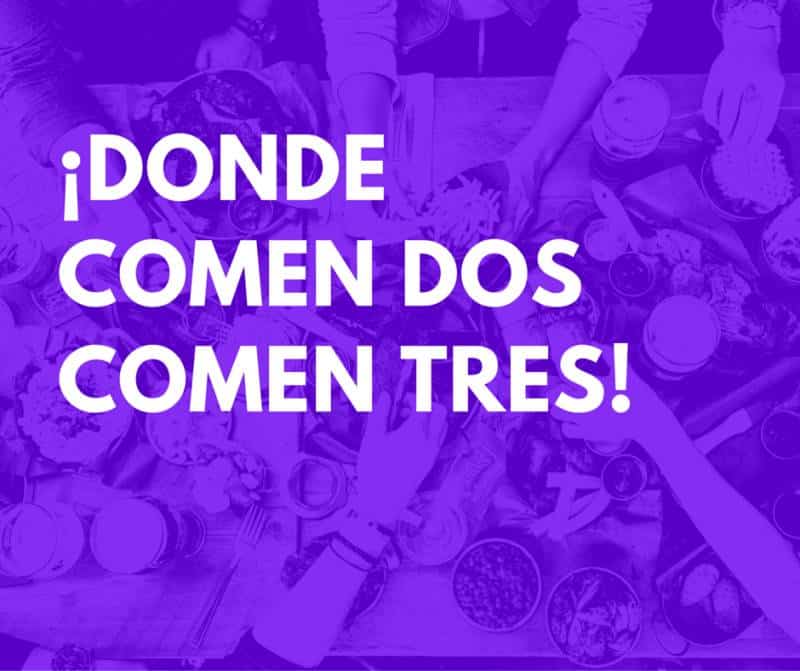
Translation: Where two eat, three eat.
English equivalent: There’s always room for one more”.
Meaning: Affirmation that an unexpected guest is well received
Example:
¿Otro bebé? !Bueno, donde comen dos comen tres!
Another baby? Oh well, there’s always room for one more!
Can you use these expressions in a sentence? Write it in the comments section below!

